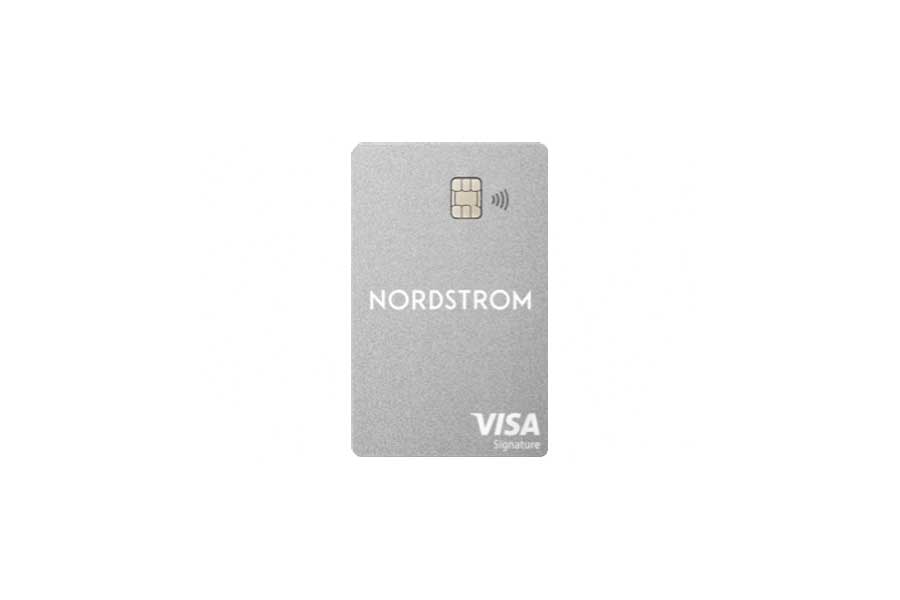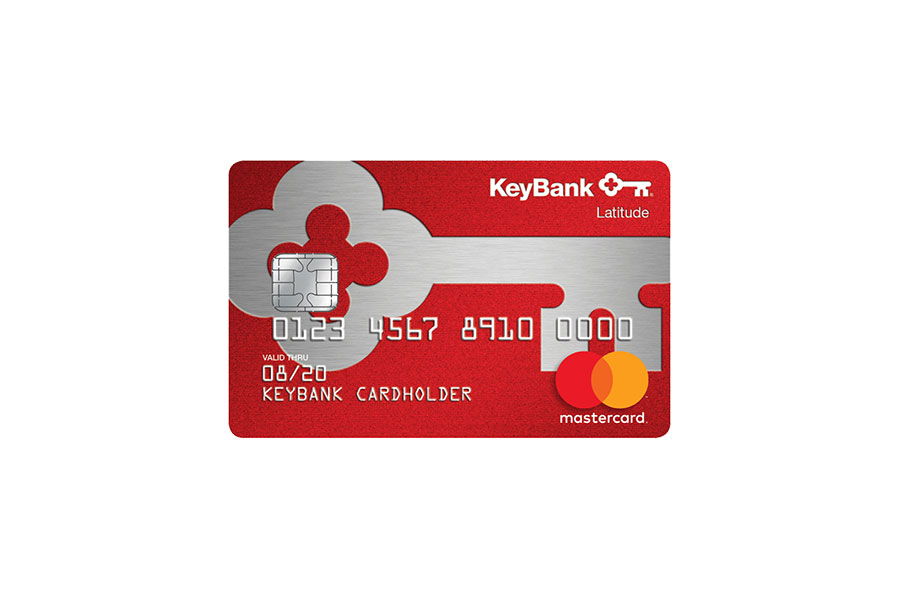Good credit is not just a number. It is the key that can unlock many financial doors, especially for low-income households. Credit scores determine interest rates, loan approvals, and more.
Unfortunately, many low-income families find themselves facing credit issues due to various factors like outstanding credit card balances or difficulty in managing monthly bills. This article will guide you through free credit repair options so that you can start the journey towards better financial health.

Key Takeaways
- Understanding your credit score is essential. Access your credit reports for free from each major bureau (Equifax, Experian, and TransUnion) once a year and monitor your score regularly to identify potential issues.
- Correct errors on your credit report by disputing inaccuracies directly with the credit bureau. Including supporting documentation may help accelerate the investigation process and improve your credit score.
- Seek free credit counseling from non-profits to guide you through budgeting, negotiating with creditors, and debt management. This support can provide valuable tools for improving your credit over time.
The Basics of Credit Scores and Reports
A credit score is a numerical representation of your creditworthiness, based on information from your credit report. Credit scores are used by lenders, landlords, and sometimes even employers to gauge how likely you are to repay debts. Three major credit reporting agencies – Equifax, Experian, and TransUnion, compile credit reports.
Your credit report contains details about your credit history – from your credit card company details, loan history, to your on-time payments or lack thereof. Errors in these reports can damage your credit score. So, understanding and regularly reviewing your credit report is essential.
Free Credit Repair Strategies for Low-Income Individuals
Improving your credit score may seem overwhelming, especially for low-income families. However, there are multiple strategies that can help you repair your credit without any cost. Here, we take a closer look at each of these strategies.
Free Credit Reports and Scores
The first step towards repairing your credit is understanding where you currently stand. Every individual is entitled to a free credit report from each of the three credit bureaus (Equifax, Experian, and TransUnion) once a year through AnnualCreditReport.com. This comprehensive report includes all your credit activities, which directly influence your credit score.
Moreover, many credit card companies provide their customers with free access to their credit scores. Regularly checking your credit score can help you track your progress and understand the impact of your financial decisions. Making use of these free services provides a strong foundation for repairing your credit.
Dispute Errors on Credit Reports
Errors on your credit report can significantly lower your credit score. These errors could be due to various reasons, such as the credit bureau mixing up people with similar names or a lender reporting incorrect information. Common errors include wrong personal information, incorrect account details, or outdated information.
If you spot any such inaccuracies, dispute them immediately. The process involves writing a letter to the credit bureau detailing the errors and providing any supporting documentation. The bureau is legally obliged to investigate your claim within 30 days. Correcting these errors can give your credit score a quick boost.
Negotiate with Creditors
One common reason for low credit scores among lower-income families is the inability to pay bills, leading to outstanding debts. If you’re in such a situation, consider negotiating with your creditors.
You could request a debt management plan, where the creditor agrees to lower your interest rate or waive certain fees. Alternatively, you could negotiate for a reduced lump sum payment if you’re able to do so.
Remember, creditors would rather receive some payment instead of none. While this method requires good negotiation skills, it can effectively reduce your debt burden and help improve your credit score.
Free Credit Counseling and Financial Help
Facing financial hardship can be overwhelming, and sometimes you may need help finding your way out. Non-profit credit counseling agencies offer free credit counseling services, providing a valuable resource for individuals struggling with debt.
These credit counselors can help you understand your credit report, provide guidance on budgeting, and offer advice on effective debt management. They can also assist in negotiating with your creditors and might even be able to get you a better interest rate.
Through these free counseling sessions, you can gain the necessary knowledge and tools to manage your finances better and improve your credit score over time.
Become an Authorized User
Another effective, and often overlooked, strategy is becoming an authorized user on a friend or family member’s credit card. If the primary cardholder has good credit and maintains a low balance, being added as an authorized user can help improve your credit score.
As an authorized user, you’re not legally obligated to make payments, but the account’s payment history becomes part of your credit history. This means you can reap the benefits of the primary cardholder’s strong credit habits. However, remember that if the primary cardholder misses payments or carries a high balance, it could negatively impact your credit score.
Building New Credit
Once you’ve addressed the errors in your credit report and managed your existing debts, it’s time to start building new credit. A great way to do this is through a secured credit card.
While secured credit cards are not free, they don’t require a credit check, making them accessible to individuals with low or no credit history, and low income. They require a cash deposit as collateral, but otherwise function just like regular credit cards and report to the three major credit bureaus.
By making small purchases and paying off the balance in full each month, you can demonstrate responsible credit use.
If you can, try to keep your credit utilization (the ratio of your credit card balance to your credit limit) low, ideally below 30%. Consistently making on-time payments and maintaining low credit utilization can significantly boost your credit score over time.
See also: Best Secured Credit Cards of 2025
Credit Repair: DIY vs. Professional Services
When considering credit repair, the choice often boils down to DIY methods versus professional services. DIY credit repair is more cost-effective and gives you complete control over the process, but it can be time-consuming and complex, requiring a good understanding of credit systems and negotiations with creditors.
On the other hand, professional credit repair services, while often delivering quicker results, come with fees. These services can save time and reduce stress, they also offer a free consultation. However, it’s important to remember that there’s nothing a credit repair company can do that you can’t do yourself for free.
Additionally, you must be aware of potential scams and unethical practices in the credit repair industry. Always research any company thoroughly before proceeding with their services.
Consumer Advice and Non-Profit Organizations
There are numerous government programs and non-profit organizations committed to assisting low-income individuals in their journey to better financial stability. These resources can provide consumer credit counseling, financial assistance, and education to help people deal with the challenges of credit repair.
Consumer Advice
Several government agencies offer valuable resources to individuals aiming to repair their credit. The Federal Trade Commission (FTC) and Consumer Financial Protection Bureau (CFPB) provide a wealth of information about your consumer rights, credit repair scams, and how to fix your credit.
In addition to general credit resources, these government agencies also provide specific programs for bankruptcy counseling and education.
Non-Profit Organizations
In addition to government resources, numerous non-profit organizations offer invaluable services to people struggling to improve their credit. These organizations, such as the National Foundation for Credit Counseling, provide free or low-cost services to those in need.
These services often include free consultations, during which a credit counselor reviews your financial situation and suggests potential solutions. Non-profit credit counselors also provide debt counseling, which includes discussing your debt in detail, providing personalized advice on managing it, and potentially negotiating with creditors on your behalf.
Furthermore, these agencies may provide debt management plans (DMPs). Under a DMP, the agency negotiates lower interest rates and monthly payments with your creditors. You then make a single monthly payment to the agency, which distributes the funds to your creditors according to the plan.
The Impact of Low Credit Scores
The consequences of low credit scores can be far-reaching. It can lead to high interest rates on loans and credit cards, difficulty getting approved for housing, and even impact job opportunities. The psychological and emotional toll of poor credit can also be significant, creating a sense of financial instability and hardship.
Common Myths About Credit Repair
There are many misconceptions about credit repair. One is that credit repair services are the only solution to improving your credit score. In fact, many actions can be taken independently, without incurring fees. Another myth is that paying off debts will instantly repair credit. While it helps, repairing credit is a process that involves managing new credit responsibly over time.
Maintaining Good Credit
Once you’ve begun the credit repair journey, it’s wise to develop habits that will maintain and improve your credit score.
Develop Responsible Credit Habits
Making your payments on time is one of the biggest factors that impacts your credit score. Consider setting up automatic payments to ensure you never miss a deadline. Keeping your credit utilization low and avoiding unnecessary credit checks also helps maintain a healthy credit score.
Budgeting and Financial Discipline
A well-planned budget can help you manage your finances effectively. Prioritize paying off high-interest credit card debt and avoid incurring new debt. Saving money where possible can also provide a financial buffer for unexpected expenses.
Avoiding and Managing Debt
Managing your debt is essential for establishing and maintaining your creditworthiness. If you’re struggling with multiple debts, consider debt consolidation or a debt management plan. These can simplify your monthly payment and potentially reduce your interest rate.
Conclusion
While having a low credit score can feel overwhelming, remember that it’s never too late to start the journey towards a better financial future. There are plenty of free resources and strategies available for low-income individuals to repair and improve their credit. It may take time, but with patience, discipline, and the right guidance, you can achieve your financial goals.



